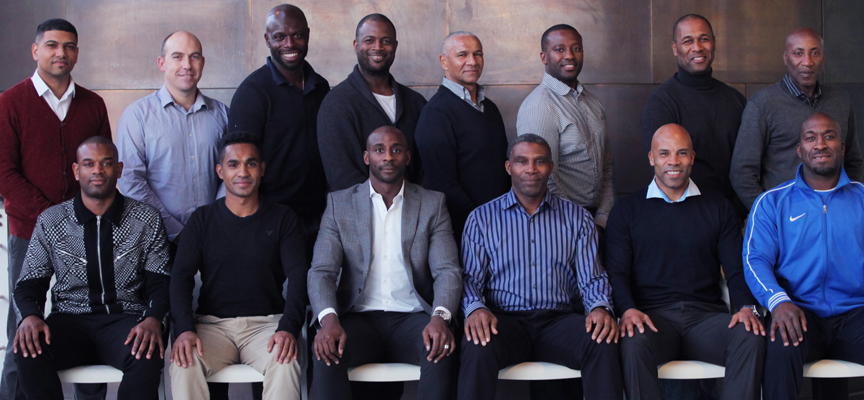 Chris Hughton was sacked because the Norwich City board felt it was in the best interests of their football club. The timing of this decision, with five games left in the season and Norwich sat five points above the relegation zone, made something very clear to me.
Chris Hughton was sacked because the Norwich City board felt it was in the best interests of their football club. The timing of this decision, with five games left in the season and Norwich sat five points above the relegation zone, made something very clear to me.
The board could have done with at least one person sat around the table who understood the dynamics of a modern day changing room and, more generally, what impact such a decision with so few games to go could make on a team that appeared to be behind their manager.
The GCSE psychologists out there could well argue that the decision was made at this time, in the hope that a change would inject some urgency into the team. Or, maybe things had gone on behind the scenes that we will never know about. Either way – the timing of the board’s decision seemed very odd.
Just five days earlier, I was at Wembley to celebrate – and graduate from – a corporate governance course called, On-Board. The initiative is funded by the Professional Footballers’ Association and has also been supported by The Football Association. Essentially, the idea is to get former players prepared and qualified to be able to sit on the boards of football clubs and businesses.
If boards make decisions based on strategies and expert knowledge of their business, then having those who have recently stepped off the playing field, with a firm understanding of how clubs can operate most effectively in this area, should be a no brainer. Looking across the boards of clubs in professional football, I cannot believe so few former players have a seat at the top tables.
It would have been interesting to see what decision a board, which had a genuine understanding from a players’ perspective, would have made when faced with Norwich City’s dilemma.
One of the key driving forces behind On-Board was the diversity agenda. As far as I know, and I’ve been looking hard since I founded Football’s Black List in 2008, there is not one black (African Caribbean background) board member across the leagues. Where there is diversity, it is almost always linked to foreign owners – largely from Asian and the Middle East – bringing in board members from their own countries.
Hughton’s sacking – and I stress this wasn’t because of his race – means that there is not ONE black manager in professional football. Not one – despite at least 25% of players being black.
I have heard many reasons to explain this situation from a wide range of people – both white and black. Here are a few common ones I take issue with:
1. “They don’t get their coaching badges”… WRONG. The PFA say 18% of players on their coaching courses are black.
2. “They don’t want to be managers or coaches”…. NOT IN MY EXPERIENCE. I have spoken to enough former black players to know that there are plenty who do want to be on the playing staff of clubs. However, I also believe that when you don’t see others – like you – progressing, it has a knock on effect. Some, undeniably, would have given up as a result of not seeing anyone given, what they deem, a fair chance. But not everyone.
The number of black players over the last 20 years has been significant enough to supply the game with coaches and managers.
3. “These things take time”…. TRUE. But how long? Over the last 10 years the numbers of black managers has fluctuated between two and six. Now we have none. Are we going backwards?
There are many other reasons to be debated, but I hope these examples serve a purpose of highlighting there are often two sides to every story.
The link with On Board is that I believe diverse boardrooms will lead to more dynamic thinking. Diversity should not be a tick box exercise. It should be about better business. Diversity means bringing together people from different walks of life and backgrounds – all with valid and useful contributions.
The likelihood is they will bring different viewpoints which leads to healthy and genuine debate, which will lead to more thorough thought given to decisions. No ‘group think’.
So in conclusion, have a think about the following: Would a diverse board be more open to transparent processes in recruiting the man or woman leading a team? I believe it would.
Would this create an environment where black managers and coaches feel they have a better chance of getting at least an interview? I believe it would.
Would the combination of top business people and former players, from diverse backgrounds, make for a more dynamic board that takes informed decisions with an understanding of all areas of the business? I believe it would.
Can On-Board play an important role in making football more diverse, dynamic and better? Absolutely – and it’s introduction into football is timely. And as some boards clearly don’t appreciate – timing can be everything.
